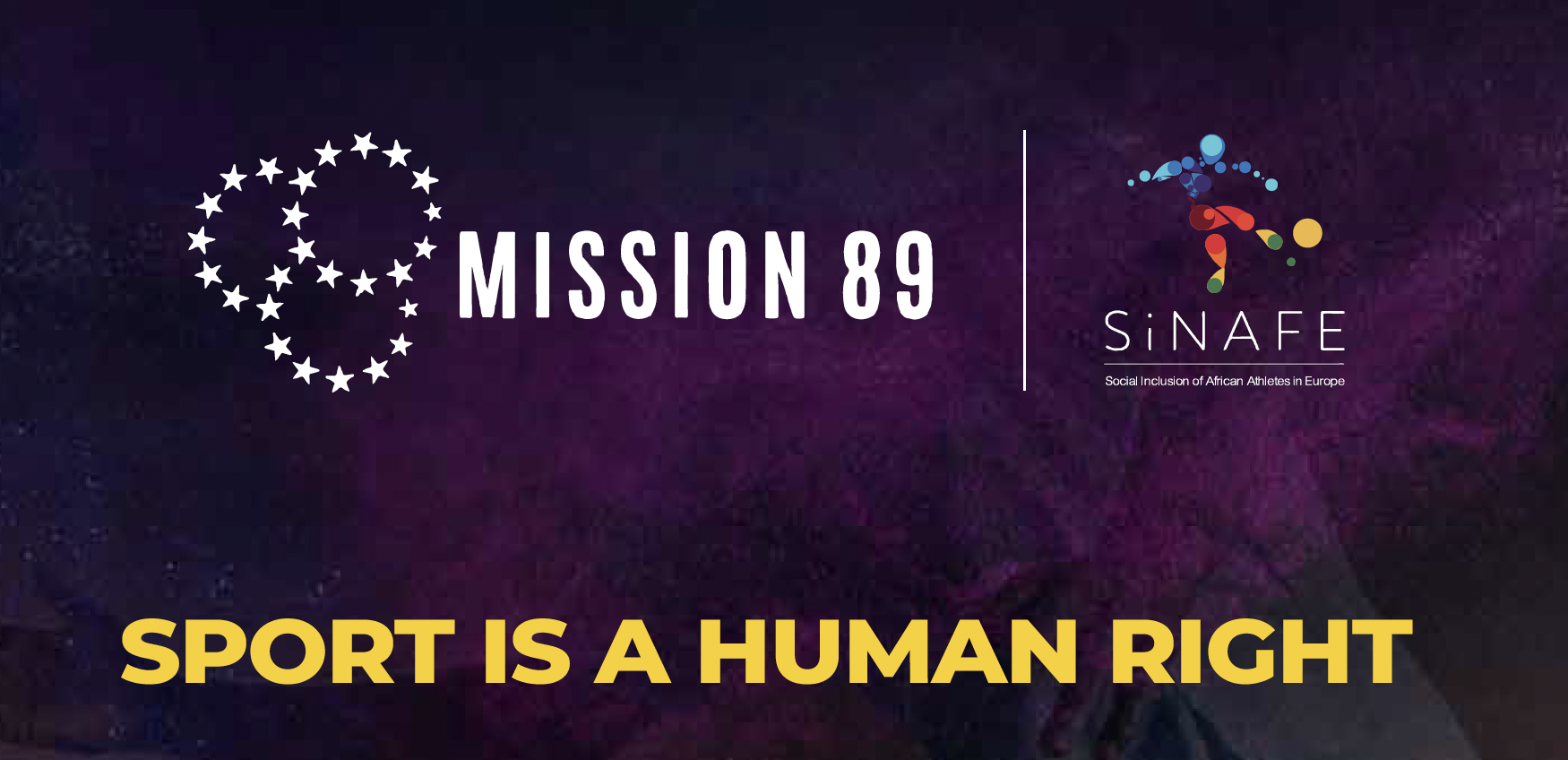By Paul Nicholson in Geneva
September 9 – Not enough is being done to combat human trafficking in football and this “needs to be urgently addressed,” said Michel Veuthey, Ambassador of the Sovereign Order of Malta to monitor and combat trafficking in persons.
Giving a key note speech at the meetings hosted by SiNAFE and Mission 89 on human trafficking in sports and the social inclusion of migrant African athletes in Europe, Veuthey outlined the scale of the problem, citing data from the US Department of State that estimates that “within Europe’s soccer industry alone, it is estimated there are 15,000 human trafficking victims each year”, mainly from West Africa.
He also quoted data from French NGO Foot Solidaire, suggesting that in 2007 there were over 7,000 Africans in France looking for a club, while an undercover media investigation suggested that there were more than 20,000 aspiring footballers trafficked into Europe.
It is a problem that is not reducing and fears are that it will only increase if football fails to act within its own structures and reinforce its own protocols.
“In the global sports business, modern forms of slavery may manifest in different ways. If we think about supply chains, mega sporting events and the infrastructure they require, and the pursuit of sporting talent, it soon becomes clear that there are a myriad of opportunities for labour exploitation,” said Veuthey.
“The trafficking of migrant athletes, often children, in sport is a problem prevalent across the global sports industry.”
Veuthey highlighted that the trafficking in football was a sinister version of what actually happens legitimately in developed football countries worldwide, saying “agents take advantage of athletes and their families’ aspirations to become successful and better their livelihood.”
The difference is that these agents are unlicensed and generally have no clubs or contacts who will take care of the players once they arrive in new countries. This leaves the players alone, in foreign countries and open, and more often than not victims, of multiple human rights abuses and becoming engaged in criminal activity.
Veuthey pointed to a concerning trend that “while it is mostly boys being lured into sports trafficking, the development of women’s sports, notably football, also attracts young girls.
“The problem of sport trafficking is an area that has received limited attention from national Governments and sport organisations,” said Veuthey.
FIFA have guidelines that prohibit international transfers in football of children under the age of 18. However Veuthey pointed out they come with five exceptions and that it comes with five exceptions, and that rules have not been adequately enforced. He quoted a 2019 Firth report that in the case of Premier League, “there is no evidence of clubs showing leadership in the fight against modern slavery”.
“However, sports organisations and association do not have the power to tackle the issue of trafficking in sports alone, as the main driving force to combat it must come from Governments, as they are the only ones who have jurisdiction to pursue criminals,” said Veuthey.
The meetings hosted by SiNAFE and Mission 89 in Geneva continue today with various potential initiatives under discussion between the various NGOs in attendance, including a set of protocols to raise the attention of an issue that shames global football, but which football’s authorities find too easy to pass on to other agencies.
If you want to own football, you have to take some responsibility for all of its issues and human rights issues that it fuels, was the general feeling within the meetings.
Contact the writer of this story at moc.l1751418063labto1751418063ofdlr1751418063owedi1751418063sni@n1751418063osloh1751418063cin.l1751418063uap1751418063

